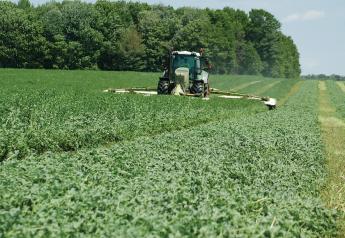Washington Dairy Farm Permanently Enjoined for Engaging in Unlawful Use of New Animal Drugs

The U.S. Food and Drug Administration (FDA) reported today that on July 14, the U.S. District Court for the Western District of Washington granted the government’s motion for summary judgment and entered an order of permanent injunction against Rhody Dairy, LLC, and its owner Jay L. De Jong of Sumas, Wash.
The ruling states that Rhody Dairy administered drugs to its animals contrary to labeled directions and without a valid veterinarian-client-patient relationship, in violation of several provisions of the Federal Food, Drug, and Cosmetic Act. Specifically, Rhody Dairy failed to administer drugs to animals with adequate control measures, such as keeping complete records to ensure that animals are not over-medicated or sent to slaughter too soon after treatment with animal drugs. Significantly, the ruling states that these practices constitute “insanitary conditions” that may render food harmful to health under the Act.
“The injunction on Rhody Dairy sends a strong signal that uncontrolled and unlawful administration of drugs to food-producing animals will not be tolerated,” said Dr. Bernadette Dunham, Director of the FDA’s Center for Veterinary Medicine (CVM).
The FDA has inspected Rhody Dairy several times during the past decade and during these inspections, FDA investigators documented the farm’s unlawful medication practices and failure to maintain adequate controls and records for administering drugs to food-producing animals.
“This case is important because it affirms FDA’s commitment to seek enforcement action against firms that fail to maintain complete treatment records and engage in unlawful administration of new animal drugs,” said Dr. Daniel McChesney, Director of CVM’s Office of Surveillance & Compliance.
The injunction prohibits the defendants from selling animals for slaughter for human consumption until they have implemented record-keeping systems that will identify and track animals that have been treated with drugs. The systems must also ensure that drugs are not used in an extra-label manner without a valid veterinarian-client-patient relationship. The defendants must also provide purchasers and consignees with written statements about the animals’ drug treatment status at the time of sale. FDA may order the defendants to cease operations if they fail to comply with this Order and could result in civil or criminal penalties.
FDA’s Seattle District, CVM’s Division of Compliance, FDA’s Office of the Chief Counsel, United States Department of Justice's Office of Consumer Protection Litigation, and the U.S. Attorney's Office in Western District of Washington collaborated on this case.







